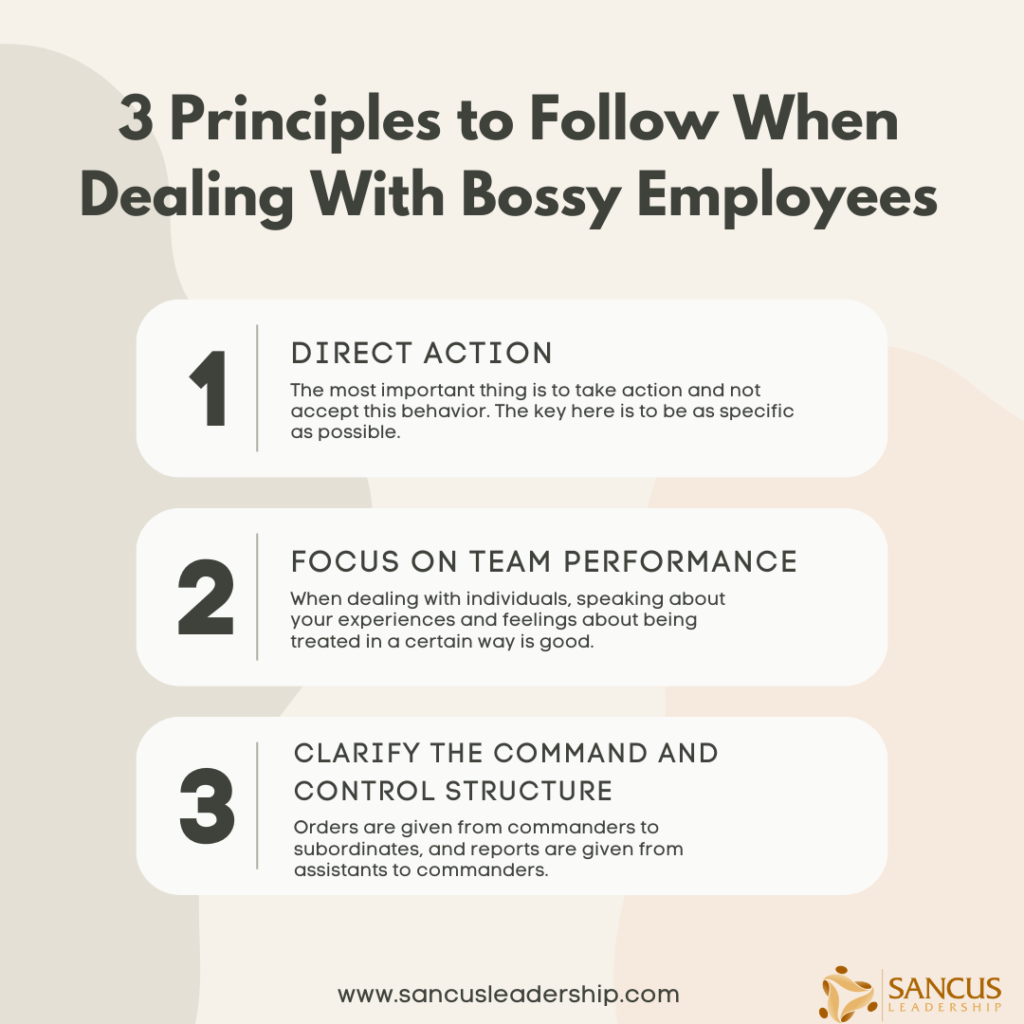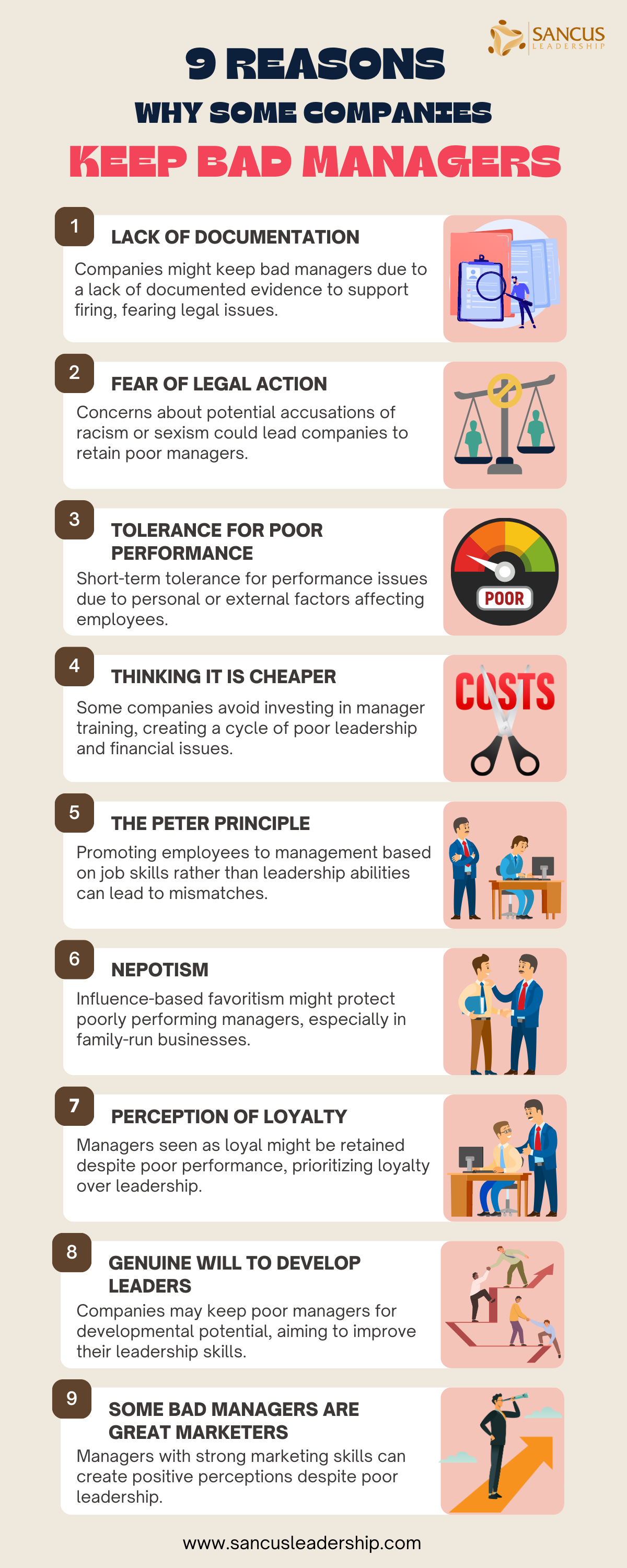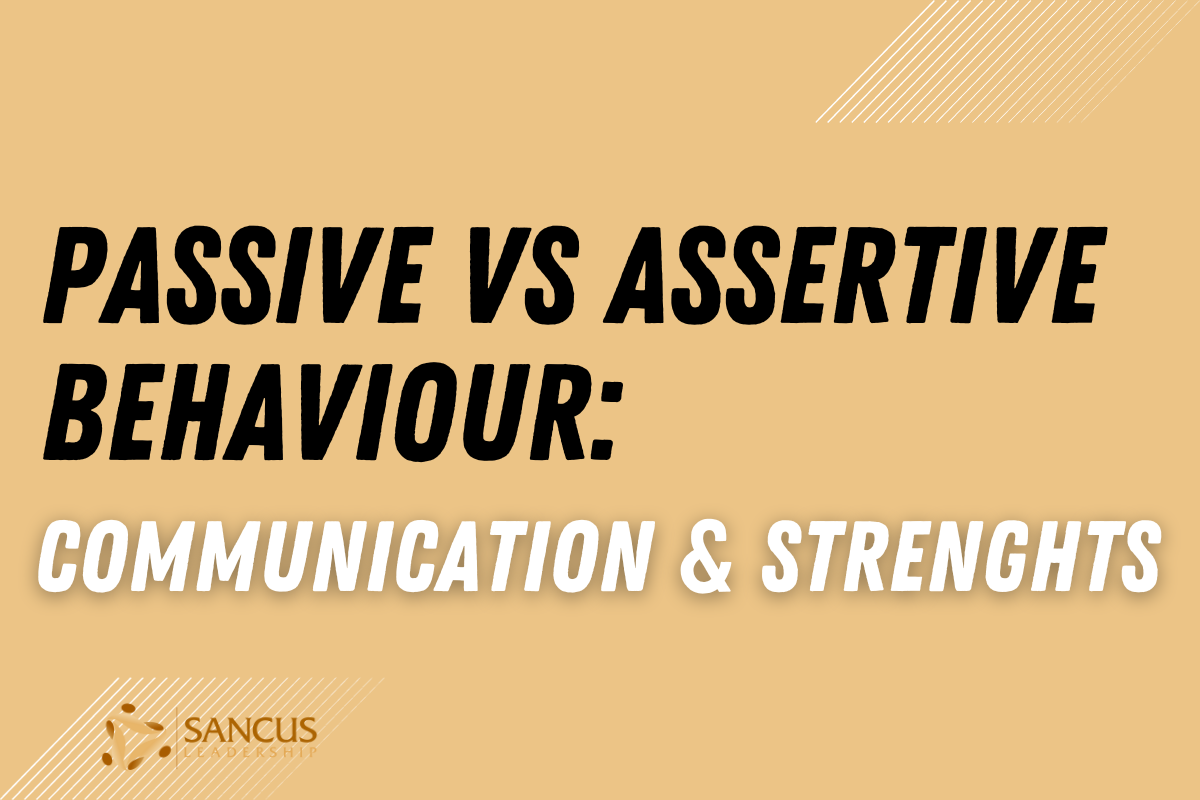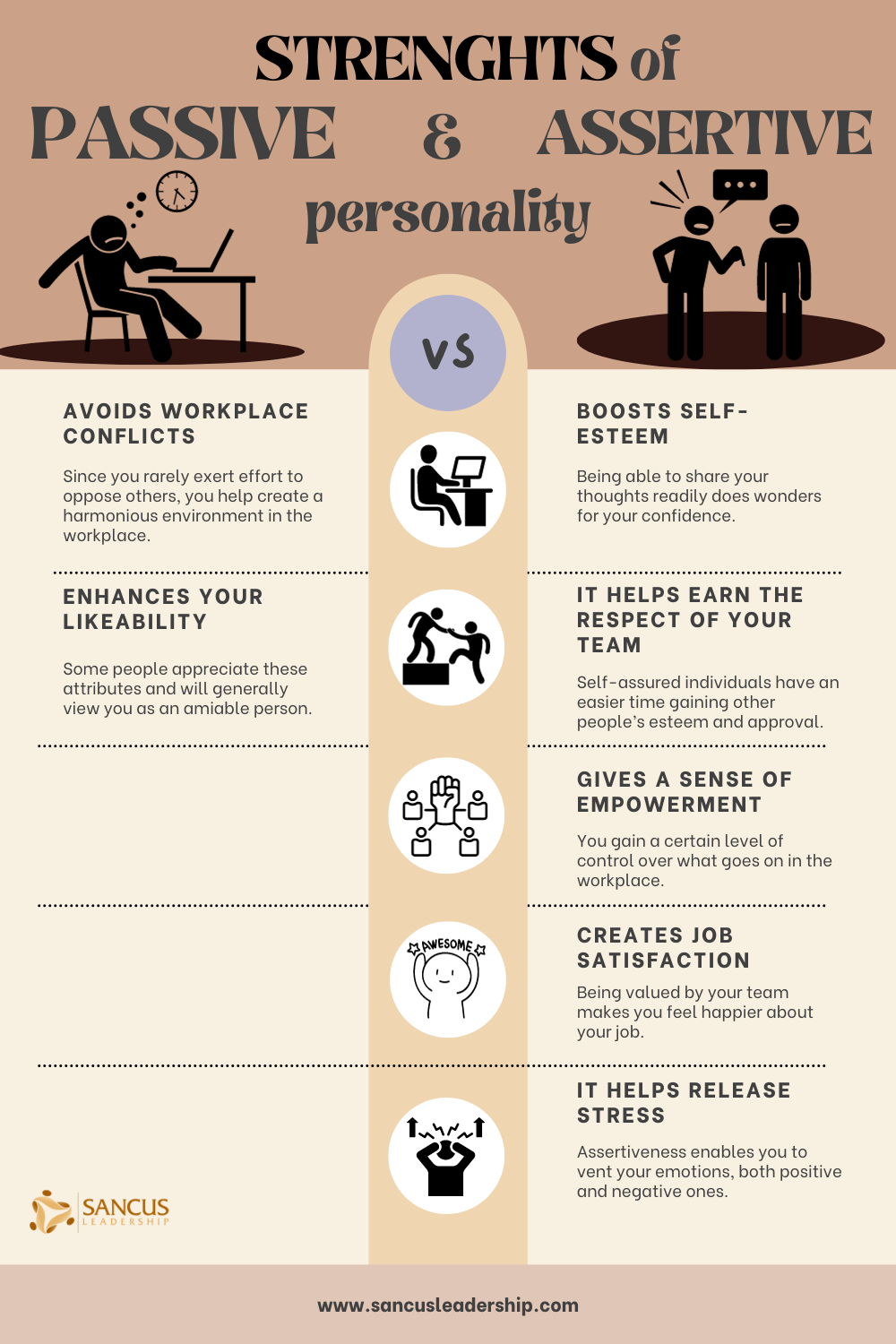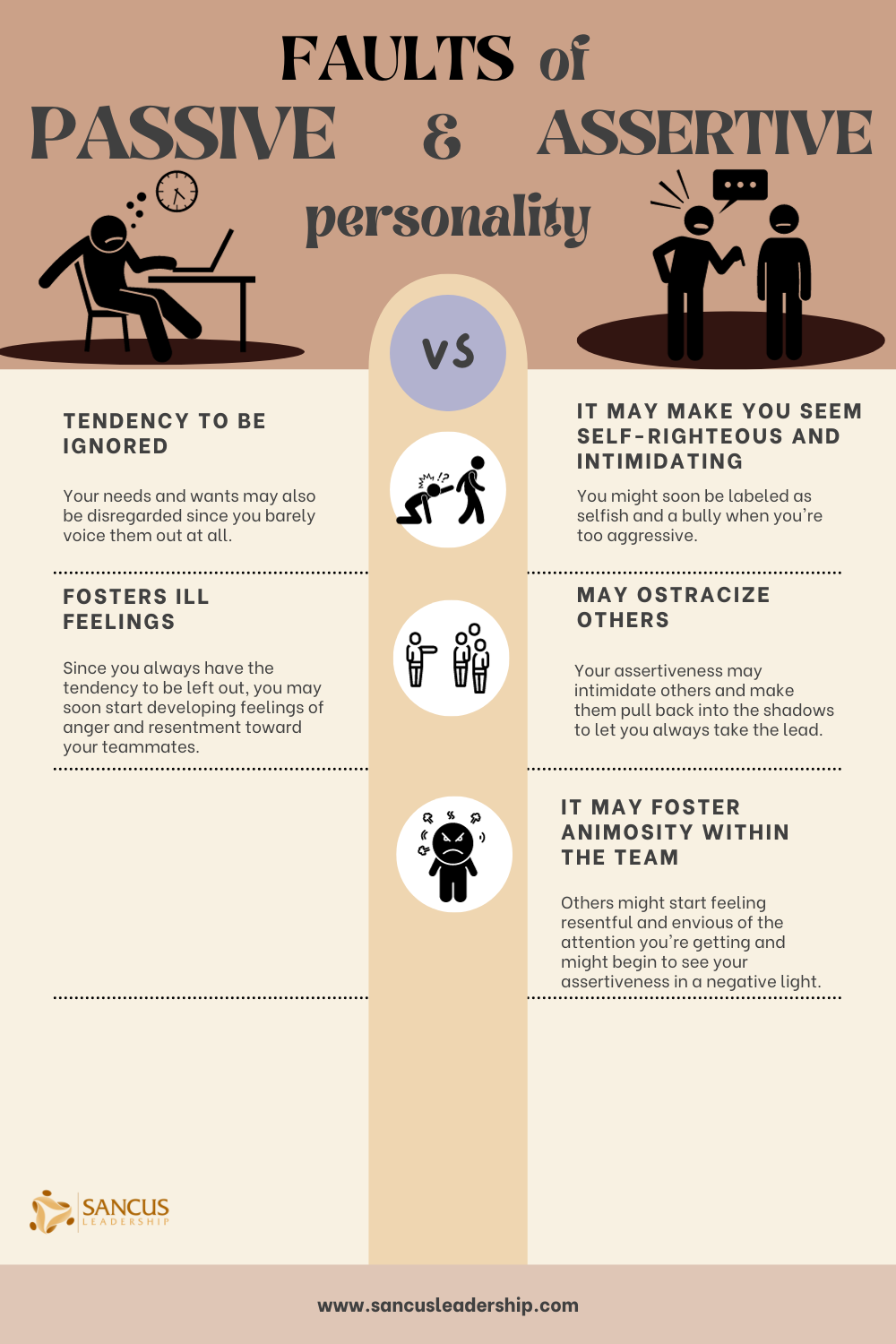In my time as an officer and a leadership development expert, I have seen a lot of leaders who do not understand the value of trust. Most say that they do, but what I see is a lack of a deeper understanding of why?
The main reasons why it’s so important to trust your employees are improved team morale, cost savings, better collaboration, increased productivity, and improved decision-making. Trusting your employees allows the leader to focus on KPIs instead of micromanagement.
Trust is often defined as the anticipation that another person’s behavior will also benefit me. This reciprocity means that instead of wasting time at work, it becomes a matter of investing my time at work to get something back.
So let’s have a look at why it actually benefits you as a leader to trust your employees!
1. Improved Morale
It is not so important that you trust your employees but rather that you do not distrust them. This might sound like an insignificant difference, but we all know how it is to work for someone who we feel does not trust us.
When we feel that our superiors do not trust us, we need to justify our actions rather than do what we believe is correct and best to achieve the goals.
It is also true that when we work with people who don’t trust us, we sometimes feel like we don’t have to care about the work we’re doing.
But when we trust the people around us, and we know they trust us, we will feel more engaged with the task and willing to go the extra mile necessary to reach excellent results instead of just average.
2. Better Collaboration
One of the main foundations of a team is the ability to communicate honestly and effectively; this cannot happen without trust. It starts with us as leaders trusting our employees to do the right thing and that they can either do the job or learn how to.
We as humans tend to trust the people who trust us; it’s a reciprocal relationship built on mutual benefits.
3. Increased Innovation
Since trust is so deeply connected to psychological safety, there’s no wonder that team members who feel like they won’t be attacked when they present a new idea are also more likely to do out-of-the-box thinking and challenge the status quo.
Innovation comes from the willingness to take risks, and if we do not let our people know that they are encouraged to take risks, they will not be punished; then, they will most likely hinder themselves from presenting a new idea due to fear.
4. Better Work-Life Balance
Once you build a deep sense of trust in your team, you will also be able to give them more freedom and the ability to work in the best way that suits them.
This, for example, allows people to work remotely with less supervision and enables them to deal with situations arriving in their household much more efficiently.
5. Increased Productivity
An increase in productivity usually stems from intra-team trust; once you start believing in your team that even though they might work differently than you do, they can reach results anyway.
The increase in productivity usually comes from a lesser need to spend time on micro-managing, HR-related tasks, and people being incentivized to produce their own procedures so that they can work the most effectively.
6. Cost Savings
When you start trusting your employees, you also build relationships with them. This relationship becomes almost like an invisible boundary that employees will not cross; you have created a reason for them not to cheat, steal, or waste time.
Most people will refrain from stealing, but even those who are inclined to steal will refrain from stealing from their friends. So building a relationship with you can have cost-saving benefits that are hard to predict.
7. Improved Decision Making
Organizational decision-making will vastly improve if people feel like they own a task and treat it like something they care about. They will now feel the responsibility to make the best decisions possible since the outcome of their “prodigy” will be a representation of themselves.
8. Higher Customer Satisfaction
This is one of the more hidden benefits of a trusting work culture; when people feel like they are trusted, they are, of course, much more likely to be engaged with work. Engaged employees have higher job satisfaction and are generally happier overall. This directly translates into positive customer interaction.
We have all been to coffee houses where the staff couldn’t care whether or not we got our coffee within the next thirty minutes. But we have also been to places where the service is fantastic, and we feel like they really care.
9. Honest Work Culture
When you show that you trust your people and they sense that you’re being honest, they will start to offer you the reality of what is happening on your team and your company. Your team will stop censoring information that they think will negatively impact them.
You wouldn’t tell someone you don’t trust something they might use to hurt you, would you? This means people will hide mistakes unless they can trust you to tell you what happened without being unfairly punished.
10. Loyal Workforce
Once you have established an honest work culture where people understand that you want not only what is best for the company but what is best for them, then you will have reached one of the most vital goals of a team leader, loyalty.
Loyalty is much more important than honesty, cares about honesty, what we care about is that people are loyal.
What would you rather have, someone who does horrible things to you but is honest enough to tell you or someone you know always wants the best for you but sometimes might not give you the complete truth?
Here are some indicators that you are practicing dishonest leadership.
11. Saves Time
All in all, trusting your employees is a great way to save time; trust means you can delegate tasks without overlooking every step. It also allows us as team leaders to focus on our roles of removing obstacles so that the team can move at maximum speed toward the goal.








